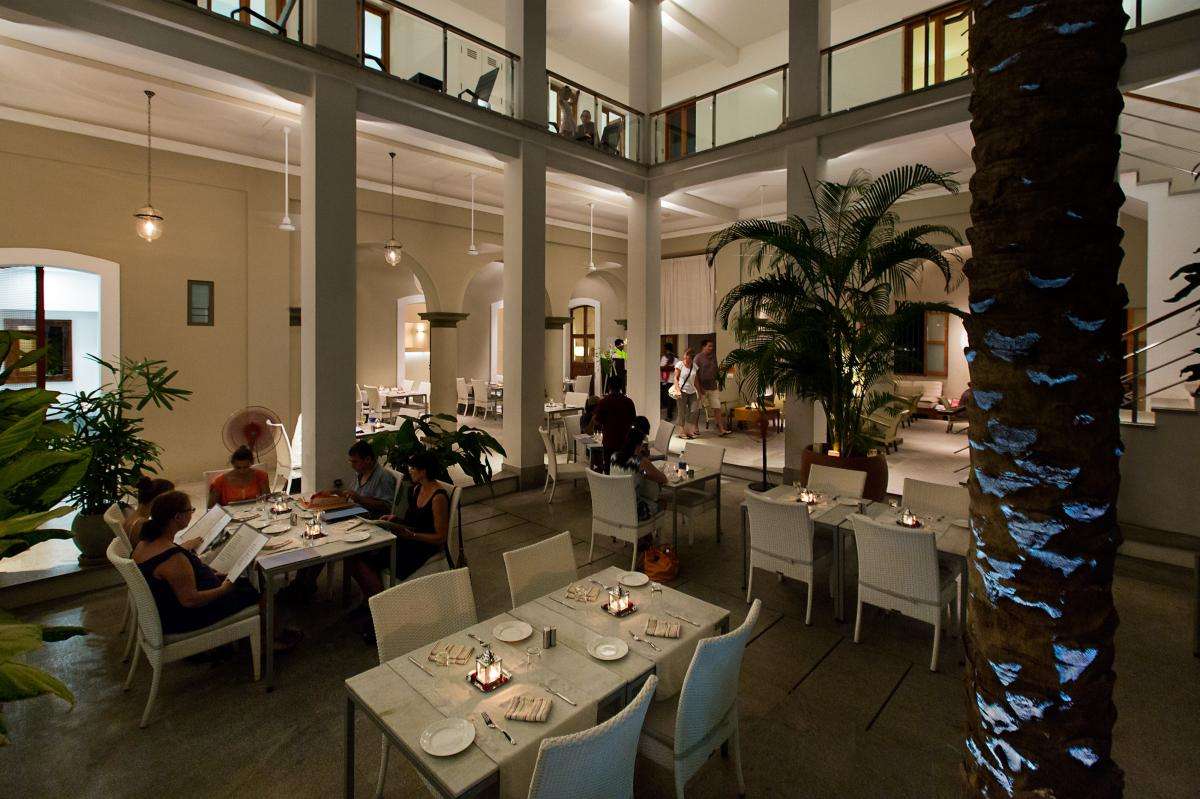Puducherry
WELCOME TO Puducherry
State Overview
Puducherry
492 km2
1.2 million
Tamil
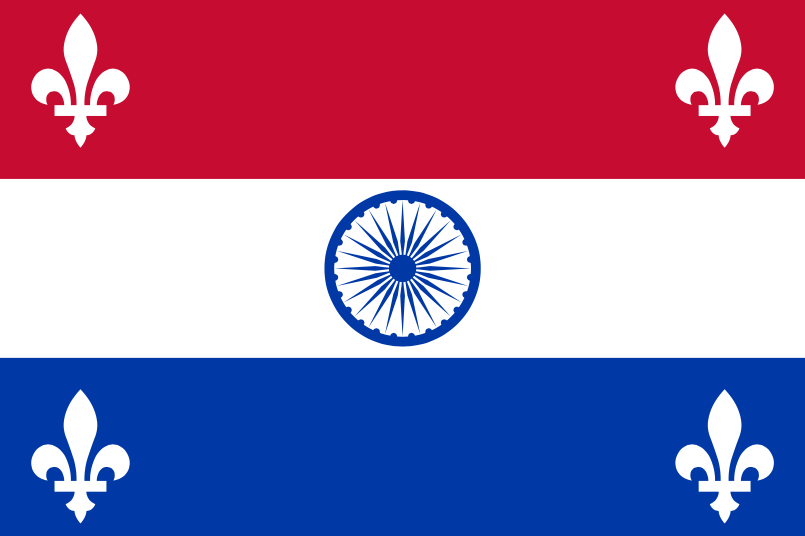
Popular
Geography and Tourist Attractions
Information about the state's tourist attractions, including popular destinations, events, and activities.

Promenade Beach

Auroville
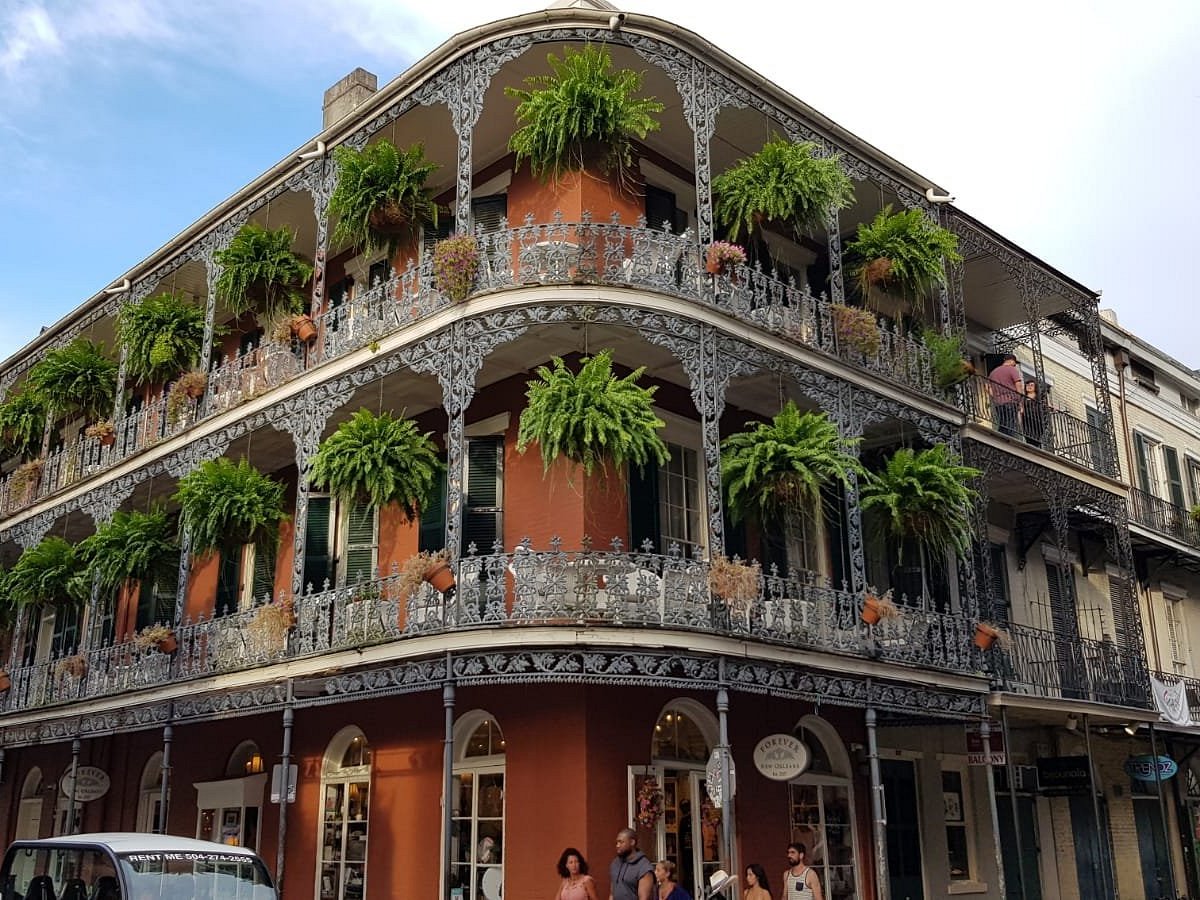
French Quarter
Political
Economy and Government
Puducherry's economy is primarily driven by industries such as tourism, agriculture, and manufacturing. The territory attracts tourists with its unique blend of French and Indian culture, historic sites, and serene beaches, contributing to the growth of the hospitality sector. Agriculture plays a significant role, with crops like rice, pulses, coconut, and sugarcane being cultivated. The manufacturing sector encompasses textiles, chemicals, and small-scale industries. Puducherry also benefits from its proximity to Chennai, a major industrial and IT hub in South India.
Puducherry has a unique administrative setup, with a Lieutenant Governor representing the President of India as the head of the union territory. The Lieutenant Governor is assisted by a Council of Ministers led by a Chief Minister. Puducherry has its Legislative Assembly with elected representatives who have the authority to make laws on subjects within the territory's jurisdiction. The central government provides financial assistance and support for the development of Puducherry's infrastructure, healthcare, education, and other sectors.
The government focuses on promoting tourism, improving infrastructure, supporting agricultural development, and attracting investment to stimulate economic growth and enhance the standard of living for the people of Puducherry.
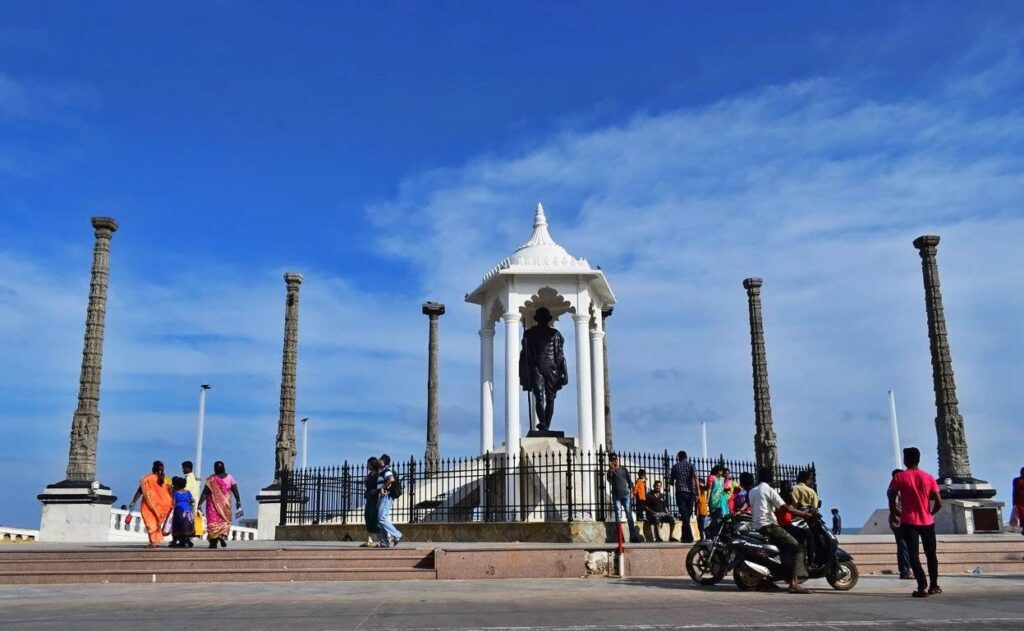
History
History and Culture
History:
Puducherry has a rich historical background. The territory was originally a fishing village known as Vedapuri, which later came under the rule of various dynasties, including the Cholas, Pallavas, and the Vijayanagara Empire. Puducherry gained prominence during the colonial era when it became a French trading post in the 17th century. The French presence lasted until 1954 when it was incorporated into the Indian Union.
Culture:
Puducherry's culture reflects a unique fusion of French and Tamil influences. The French Quarter, also known as the White Town, features well-preserved colonial architecture, tree-lined streets, and a laid-back atmosphere. The locals celebrate festivals like Pongal, Diwali, and Bastille Day, blending Indian and French customs.
Puducherry is also home to the Sri Aurobindo Ashram, founded by Sri Aurobindo and his spiritual collaborator, The Mother. The ashram promotes spiritual growth, yoga, and meditation practices.
The cuisine of Puducherry showcases a delightful blend of French and South Indian flavors. French-inspired bakeries and cafes coexist with traditional Tamil eateries, offering a diverse culinary experience.
Puducherry's history and culture provide a captivating glimpse into its colonial past and the harmonious blending of French and Indian influences, making it a fascinating destination for history enthusiasts, culture lovers, and spiritual seekers.
HOTELS
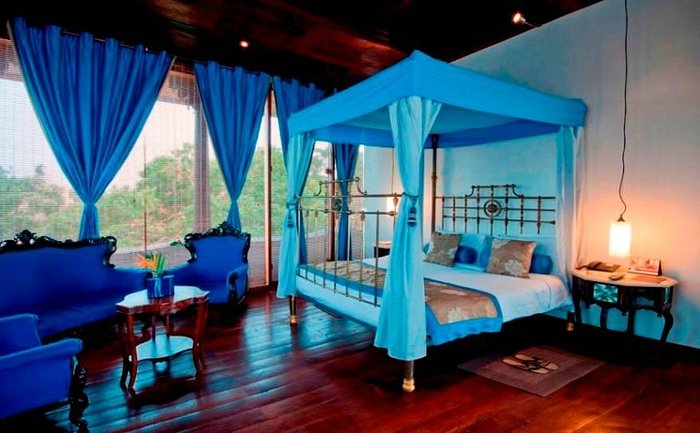
Le Dupleix

The Promenade
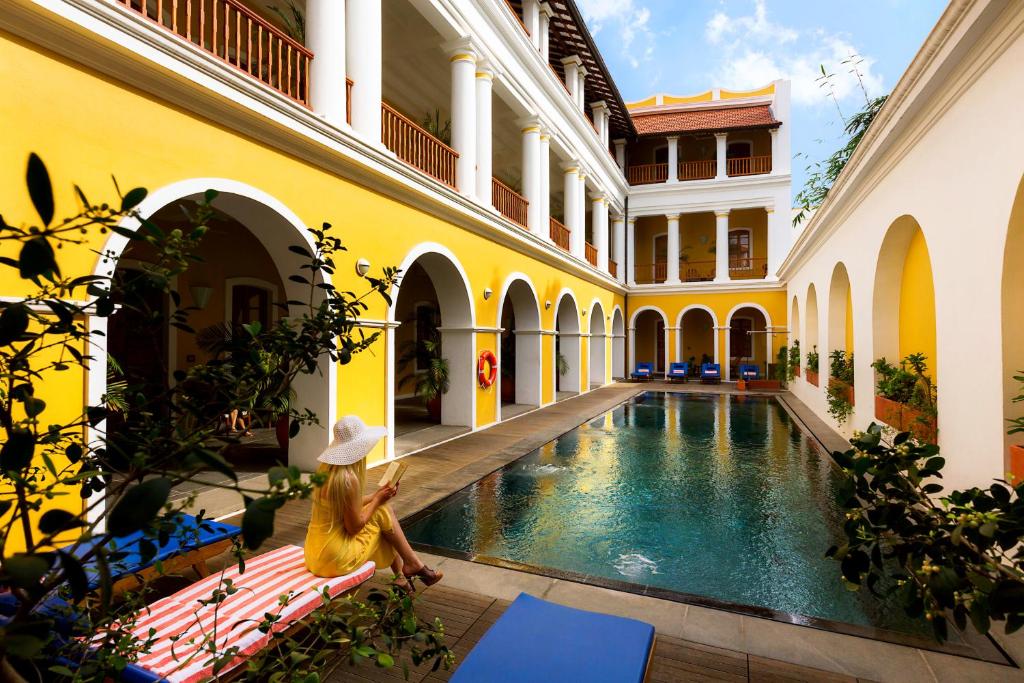
Palais de Mahe
RESTAURANTS
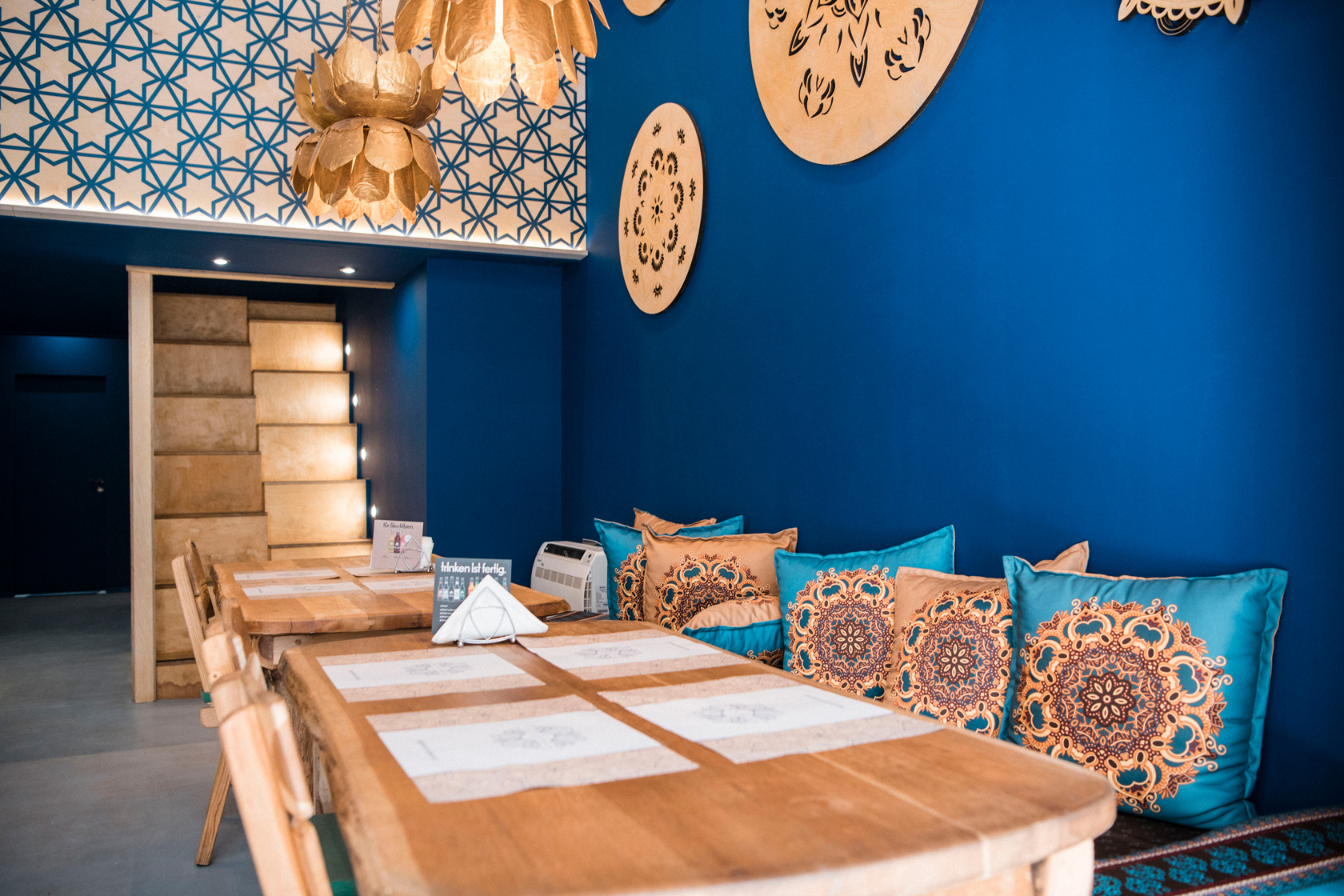
Satsanga

Rendezvous
